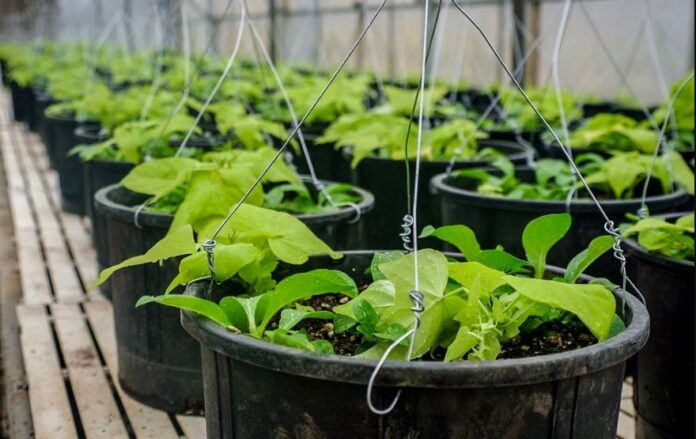Agriculture and horticultural businesses must improve their ability to recruit and retain staff from both inside and outside the industry as part of addressing labour shortages, according to new research.
The Institute for Agriculture and Horticulture (TIAH) commissioned The University of Exeter’s Centre for Rural Policy Research to study current and future labour shortages in farming and growing.
A survey of nearly 700 employers found that the availability of labour and access to staff with the right skills will continue to be an issue for the primary production sector across all sectors and role types (including seasonal) over the coming years.
The researchers recommend that, as part of a range of measures to tackle shortages, employers need to improve their skills in recruiting and retaining staff and be more open to bringing in talent from outside the industry. The survey found that three quarters of respondents had not carried out any formal management or leadership training in the last three years, while nearly half (42 per cent) of those surveyed said they were very or somewhat unwilling to employ people with no previous industry work experience.
The research highlights the essential need for industry organisations to support businesses by making it easier to access appropriate training that helps them meet current and future skills needs.
TIAH Chair David Fursdon said: “The agriculture and horticulture industry is acutely aware of the impact of labour shortages on productivity, profitability, and business and personal resilience. The results of this new survey drive home the need for a range of actions by industry organisations, policymakers and businesses themselves. The research suggests employers could benefit from upskilling in staff recruitment and retention and, in some cases, be more willing to open their doors to the huge pool of potential talent that hasn’t worked in farming or growing before. We know there are some areas where this is already happening but the research shows that, in many cases, it isn’t.”
“TIAH is responding to the research findings and is working with the wider industry to agree how we can support employers in these areas. We will ensure this work aligns with and supports the upcoming recommendations of the Independent Review into Labour Shortages in the Food Supply Chain.”
Dr Caroline Nye, Research Fellow at the University of Exeter’s Centre for Rural Policy Research said: “Without a substantial step change in the way the industry deals with labour and skills issues in agriculture and horticulture, the impacts upon businesses and individuals across the country are likely to be significant. While the government and industry leaders have a role to play, employers themselves must also accept some responsibility for the change that is required to ensure business and industry resilience”.
The research project “Labour and skills in the horticulture and agriculture sectors in England” by Caroline Nye, Tim Wilkinson and Matt Lobley of the University of Exeter’s Centre for Rural Policy Research was commissioned by TIAH and was undertaken in 2022. The summary report can be found at www.tiah.org/lmi .








